Acknowledging Privilege in the Filipinx Diaspora: An Artist's Perspective
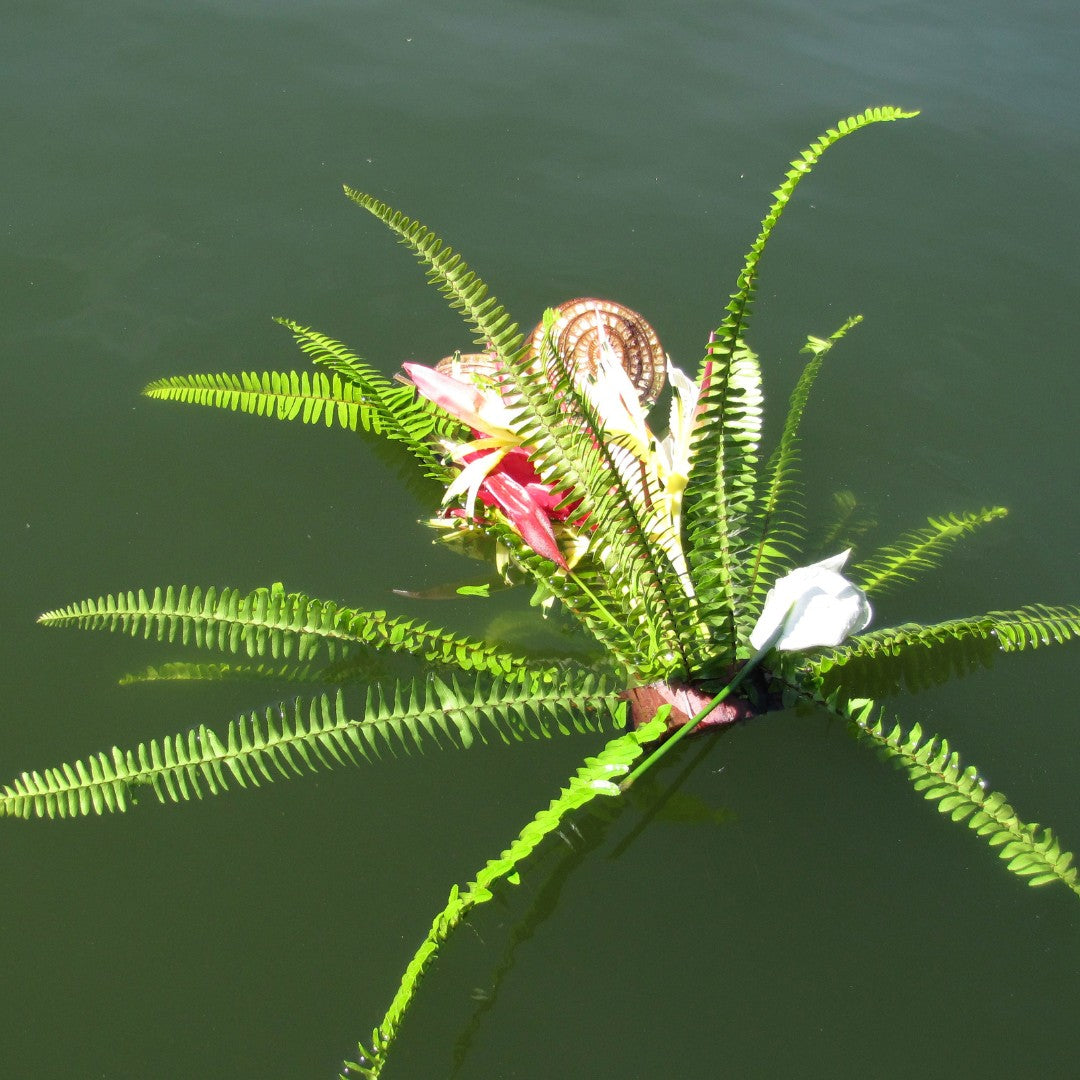
 Living this Filipinx diasporic life for almost half of my life, I’ve come to realize that acknowledging privilege is not just about understanding social stratification or economic advantage. It is more about respect for the journey and experiences of every individual within our community and beyond it.
Living this Filipinx diasporic life for almost half of my life, I’ve come to realize that acknowledging privilege is not just about understanding social stratification or economic advantage. It is more about respect for the journey and experiences of every individual within our community and beyond it.
 In my work across dance, music, and fashion, I've observed a troubling tendency: the contentious debate on authenticity and appropriateness, a division that seems to hinge on perceptions of cultural connection and accuracy. This divide often manifests in criticisms and judgments, sometimes subtle, sometimes explicit, that question the "realness" of each other's connections to our shared diverse culture.
In my work across dance, music, and fashion, I've observed a troubling tendency: the contentious debate on authenticity and appropriateness, a division that seems to hinge on perceptions of cultural connection and accuracy. This divide often manifests in criticisms and judgments, sometimes subtle, sometimes explicit, that question the "realness" of each other's connections to our shared diverse culture.
The stark contrast between this divisive discourse and the attitudes I've witnessed among Indigenous communities in the Philippines is completely the opposite. From my interactions, I've found that these communities do not harbor hostility towards the varying degrees of connection people may have with their culture. Instead, they exhibit a deep appreciation for any acknowledgment and respect for their traditions, and they are grateful for the diaspora's continued interest and engagement.
 We must remind ourselves that we all have different paths. We all have our own stories to tell, homes to maintain, families to raise, and individual traumas to navigate. The expectation of uniformity or the demand for a certain level of "accuracy" in our cultural connection is a colonial construct. It's a Western influence that emphasizes binaries and strict categories, underpinning a culture of competition and division rather than collaboration and unity.
We must remind ourselves that we all have different paths. We all have our own stories to tell, homes to maintain, families to raise, and individual traumas to navigate. The expectation of uniformity or the demand for a certain level of "accuracy" in our cultural connection is a colonial construct. It's a Western influence that emphasizes binaries and strict categories, underpinning a culture of competition and division rather than collaboration and unity.
This Thanksgiving, or as I prefer to call it, "Thankstaking," let's remember that the land we now inhabit has been generous enough to adopt our migrant families. This act itself is a privilege - a privilege to live, work, create, and build connections on this land.
We can shift our focus from the "Olympics of accuracy" and instead acknowledge the different ways we each engage with our culture. Let's celebrate our individual journeys and the diverse ways we contribute to the diaspora. Respect and appreciation of this diversity brings our community together. Instead of critiquing each other's connections, we can support and learn from each other, fostering a community that thrives on collaborative understanding.
As we gather around our tables this Thanksgaving, let's offer a moment of gratitude for the privilege we have been granted and extend this gratitude to the land that has adopted us and to the communities we represent. Let's use this occasion to reflect, to learn, and to grow, embracing our diverse narratives within our community and striving for unity.
 The privilege we hold isn't just about our economic standing or our social status. It's about the opportunity to engage with our culture, to learn from it, to contribute to it, and to share it with others. Let's remember that, and let's remember to extend that privilege by encouraging each other in our unique journeys.
The privilege we hold isn't just about our economic standing or our social status. It's about the opportunity to engage with our culture, to learn from it, to contribute to it, and to share it with others. Let's remember that, and let's remember to extend that privilege by encouraging each other in our unique journeys.
Privilege acknowledged is privilege that can be used to bridge gaps, heal divisions, and foster unity. Let's commit to doing just that.
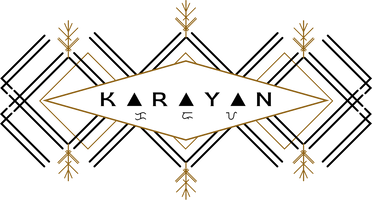
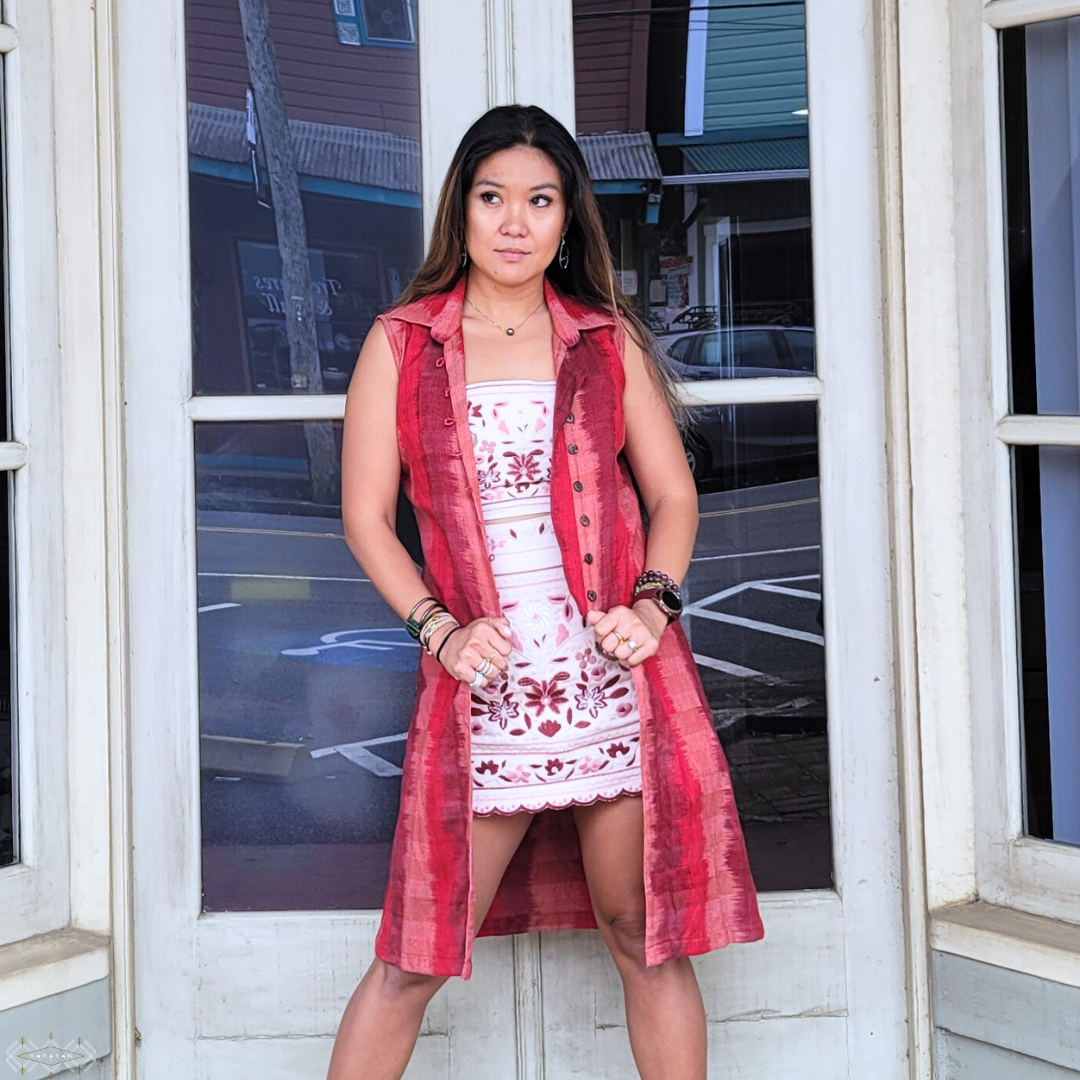
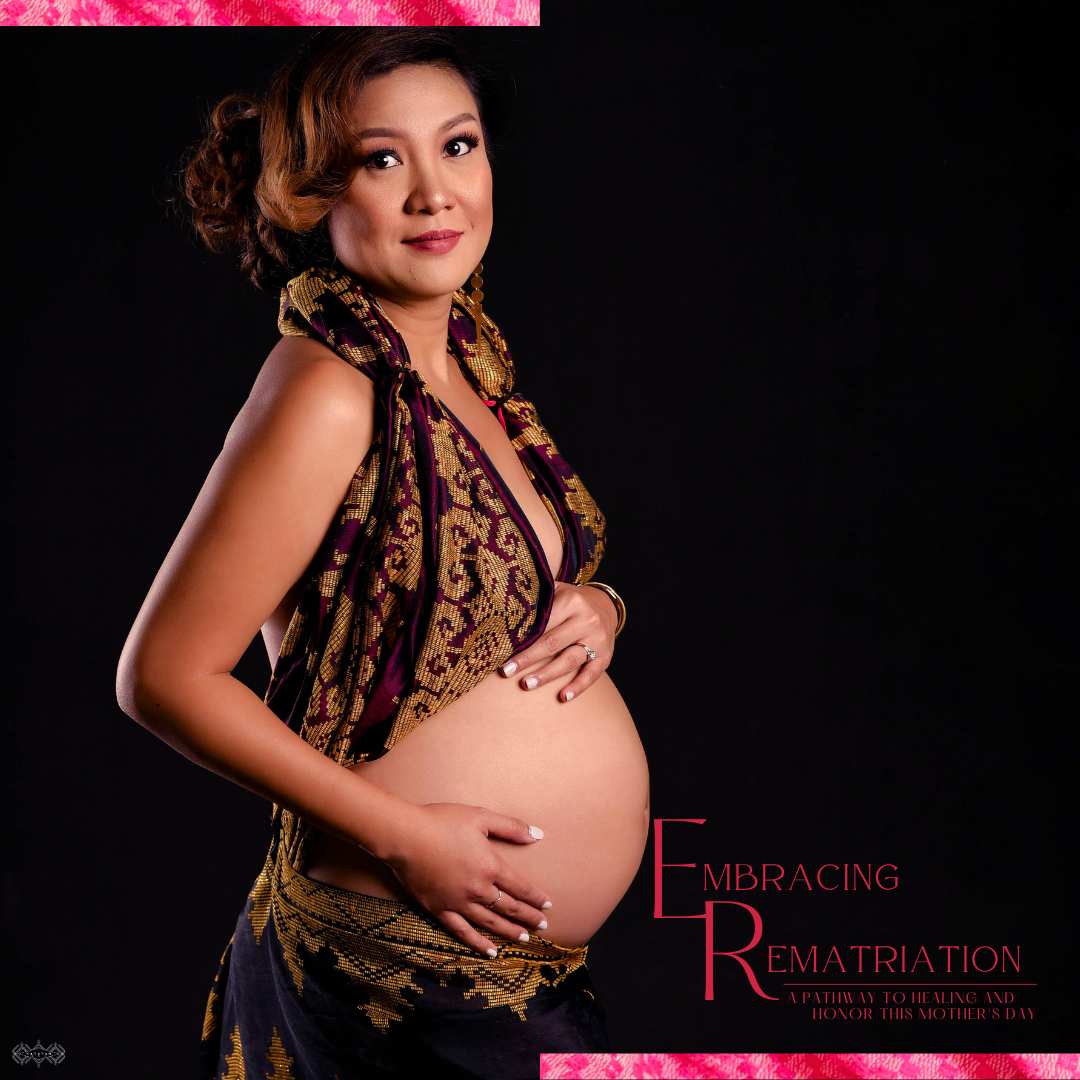
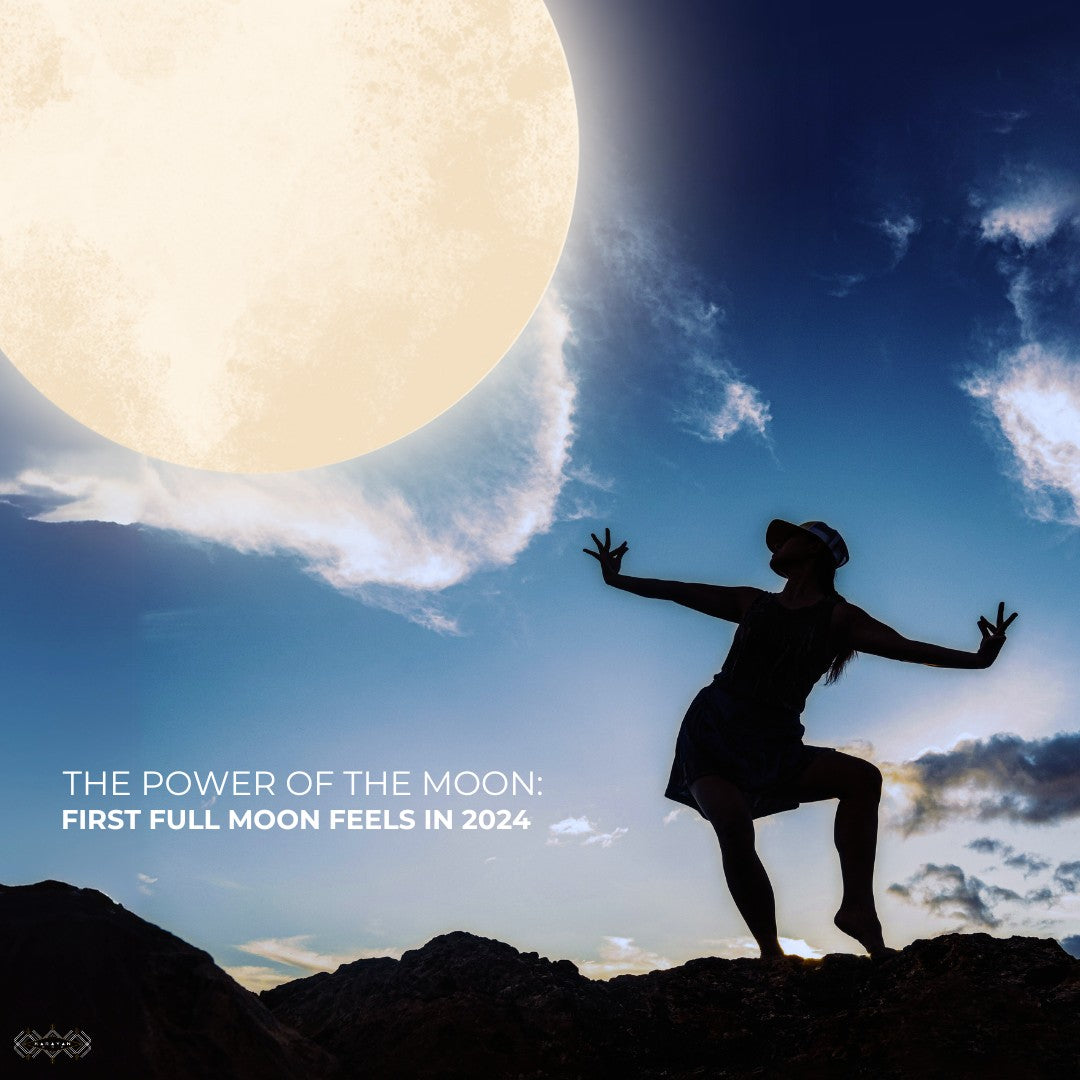
Comments